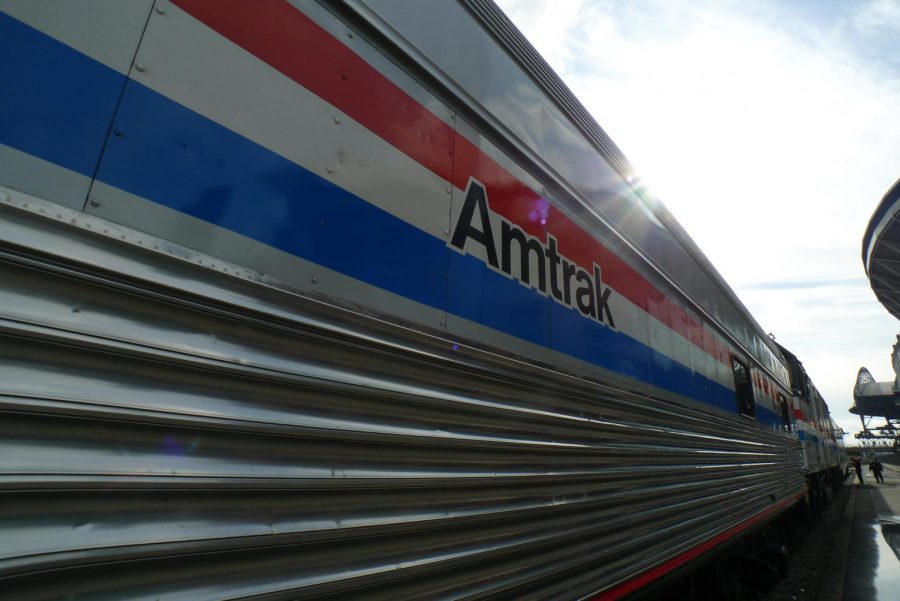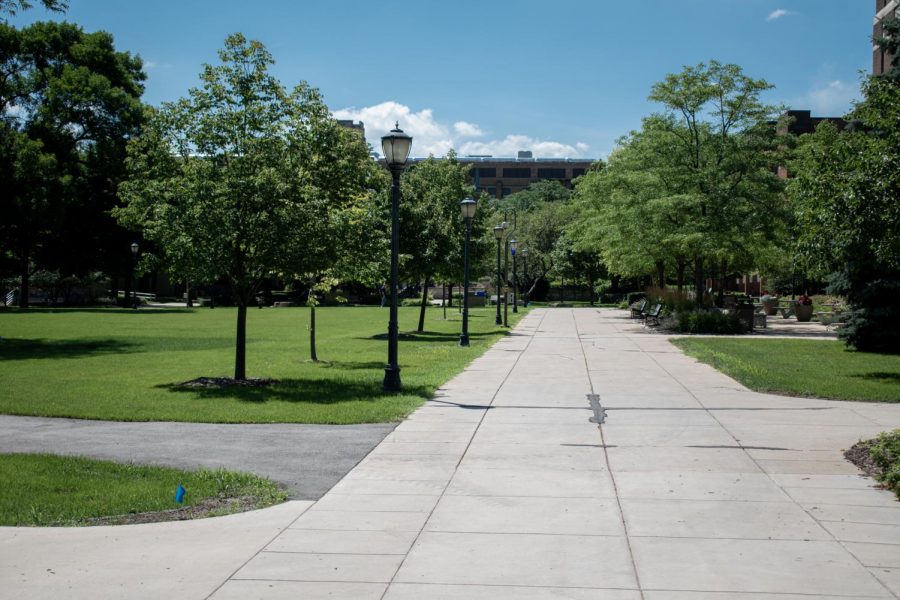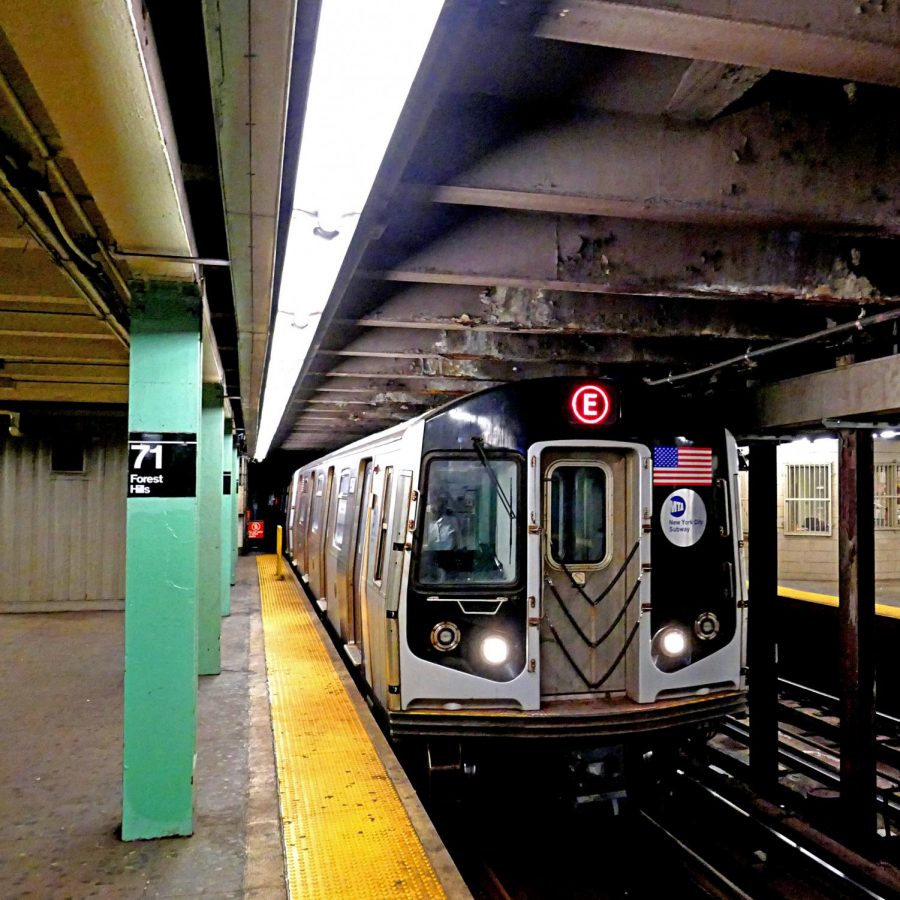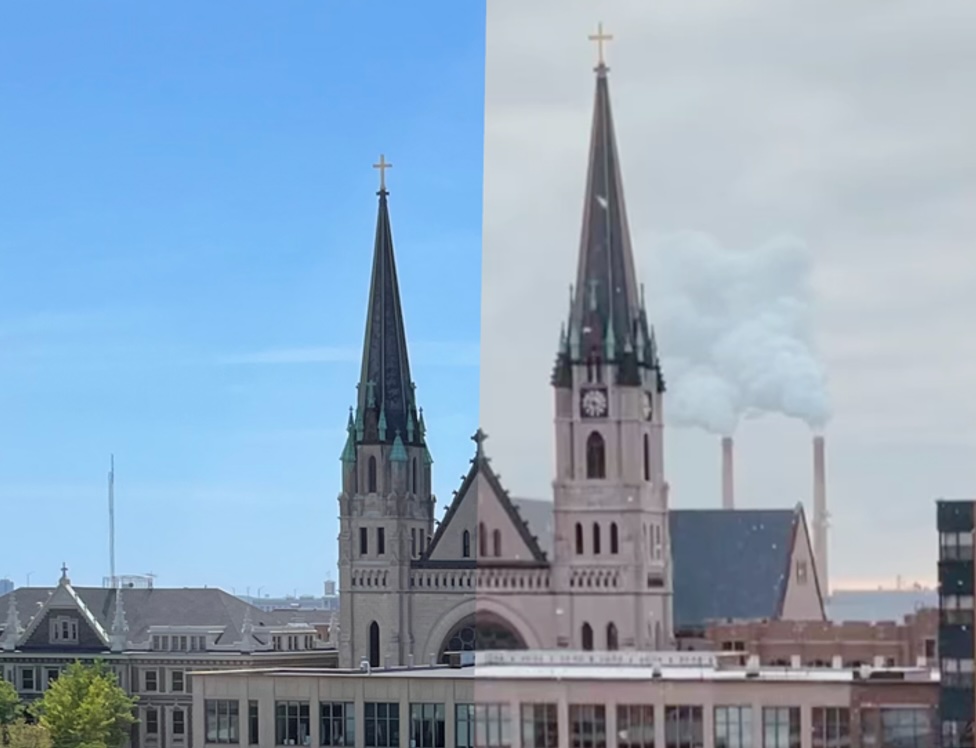This story is part of an Opinions series called “One Planet, One Home.” In honor of Earth Day this year, we are taking a moment to draw attention to and discuss different environmental issues facing our local communities and our planet.
Improving public transit and encouraging more ridership is a vital step in reducing carbon emissions.
Public transit is far more sustainable for the environment as opposed to single-occupancy travel vehicles. They emit 33% lower greenhouse gasses per passenger mile and lowers the amount of pollution given off by vehicles overall. Car pollution is a significant problem in the United States, as a typical passenger car emits 4.6 metric tons of carbon dioxide each year.
The state of transportation is dismal, and environmentally damaging, causing many cities to have air quality that is simply not safe, such as places like Phoenix, Arizona and Los Angeles, California. It is no surprise that these cities also tend to sorely lack in transportation options like light rail systems and passenger trains in urban areas.
Investing in transportation options, especially trains, is the first step in decreasing environmental issues. President Joe Biden recently devoted a $2 trillion infrastructure plan, and $80 billion of that is meant to help improve train service, specifically Amtrak services. Train services have always been subpar at best in the U.S., especially in the Midwest, South and West Coast, where sprawling highways take priority.
Compared to most developed nations, the state of train travel in the United States is undeveloped. High-speed rails, rail systems that run significantly faster than traditional trains due to specialized tracks, have been proven to be efficient and environmentally friendly over many nations in Europe and Asia, like Germany and Japan, alleviating the pollution produced by cars.
Most trains in the U.S. are freight, meant for carrying cargo, not passengers. While it is true that much of the United States is rural and sparse, train travel, especially interstate train travel, can be implemented if prioritized and funded.
Transportation options must also be reformed so that public transportation is both an efficient and affordable option. Currently, taking a train from one part of the country to the next often takes more time than driving there, and train tickets can sometimes cost more than round-trip flights on budget airlines. Expanding railroads and investing in high-speed trains would improve the efficiency of train travel.
However, train travel is more environmentally conscious than both those options, and if a cheap, speedy way of travel was produced, like high-speed rails, Americans should take it.
In Milwaukee, public transit, though not perfect, is better than in most American cities. The Milwaukee County Transit System ranks within the top 50 transit agencies in the United States. However, the state of Wisconsin as a whole, outside Milwaukee and Madison, has little transit options.
Culturally, attitudes toward public transit also need to shift. Many people see public transit as being dirty, dangerous and inconvenient. Sadly, many transit systems in the United States, due to poor funding and maintenance, live up to this stereotype. However, improving train travel might help change people’s attitudes and make train conditions better, and emphasize collective safety and well-being, which may help combat the aggressively individualist car culture in the United States.
Marquette students can help individually make the shift in their own lives. While a car on campus may sound convenient and cool, consider walking, riding a bike or taking the bus instead. Not only is it more environmentally friendly, it promotes good physical health as well.
Transportation is an essential service, and in a world devastated by the effects of climate change, sustainable and low-pollution options are a global imperative.
In order to promote harmonious and healthy living, it is time for the United States to politically and culturally shift toward train travel and other public transportation options.
This story was written by Lucia Ruffolo. She can be reached at lucia.ruffolo@marquette.edu









